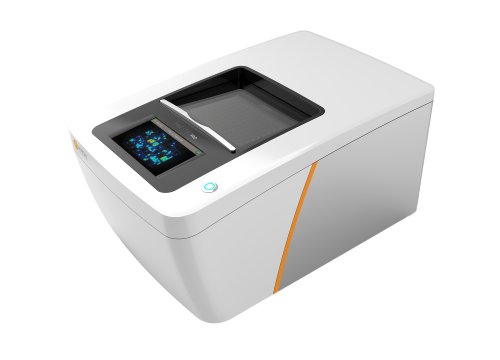Authors: Louise Miny, Jessica Rontard, Ahmad Allouche, Nicolas Violle, Louise Dubuisson, Aurélie Batut, Alexandre Ponomarenko, Rania Talbi, Hélène Gautier, Benoît G. C. Maisonneuve, Serge Roux, Florian Larramendy, Thibault Honegger, and Isabelle Quadrio
Scientific Reports, 13 August 2025
Scientists use NETRI’s DuaLink and Axion BioSystems’ next-generation Maestro MEA to identify functional biomarkers that distinguish Alzheimer’s disease from controls.
Neurodegenerative diseases like Alzheimer’s are difficult to diagnose early and accurately, as current approaches often rely on costly imaging or invasive spinal fluid testing that may not clearly distinguish between disorders. To address this challenge, researchers in the study developed a high-throughput brain-on-chip platform using NETRI’s compartmentalized DuaLink microfluidic devices integrated with Axion BioSystems’ noninvasive Maestro multielectrode array (MEA) platform, enabling real-time monitoring of iPSC-derived neuronal networks. Validation with synthetic amyloid-beta oligomers, which model Alzheimer’s-related toxicity, confirmed the system’s ability to capture disease-relevant changes in neuronal activity.
When exposed to cerebrospinal fluid from patients with Alzheimer’s versus non-neurodegenerative controls, Maestro MEA recordings revealed distinct electrophysiological signatures. This combination of NETRI’s microfluidic tools and Maestro MEA technology demonstrates a promising biosensing approach for differential diagnosis of neurodegenerative diseases, with potential to support earlier intervention, better clinical trial enrollment, and faster therapeutic development.


